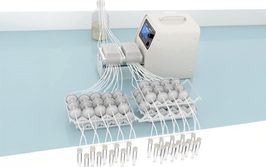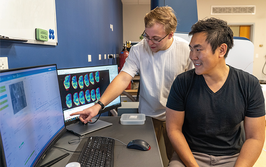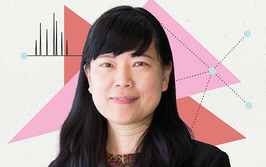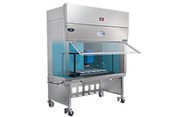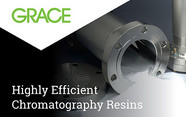Lagom är bäst in the Lab
When and where should we apply the concept of; “just enough is best”?
I use an iPod Classic that’s about 10 years old. On a recent flight out of San Francisco, it was passed around the cabin by astonished fellow passengers who treated it like a relic – and me like a time traveler.
This incident caused me to do some soul-searching, from which I concluded that while I am not a Luddite – I don’t oppose technological development – I am definitely not a technophile either. Products that I consider to be needlessly over-specced mildly irritate me (for example, I don’t want to watch movies on my phone).
My mindset can be best described by the Swedish phrase “lagom är bäst,” which essentially means “just enough is best.” If you have ever visited Sweden, you will know that it is (generally) relaxed, low-key and with an emphasis on harmony. It is a little at odds with my adopted country’s general desire (for the most part) for more of everything.
One alluring thread that has run through this magazine’s content in recent months is the emergence of a “lagom är bäst” approach to the development of products in the analytical sciences. For example, a couple of issues ago, George Whitesides stated that “while complexity can be beautiful, simplicity works better”. Further support for that view can be found in a pair of stories on fiber-based diagnostic devices.
Last month, Hans-Gerd Janssen argued against the need for new methods that focus only on increased sensitivity and resolution. “Performance should be fit-for-purpose and not necessarily a World Record attempt,” he said.
Ben Potenza’s article on recycling equipment is a variation on the same point. Why get the newest, more advanced version of a piece of kit, if the previous generation does the job you need at a much lower price – and in a more sustainable fashion?
Yes, lagom är bäst in the lab works well… so long as you know what you are looking for. Two articles in this issue illustrate where it breaks down. One is John McLean’s vision of data-driven discovery, where the more data we acquire, the more knowledge we can gain. The other is Ian Jardine’s feature on the development of mass spectroscopy tools over a quarter century. By definition, the development of fantastic new technologies requires innovation that lies outside the comfort zone of what we know.
My point is that, where it makes sense, the concept of “just enough is best” should be applied. But that’s not everywhere.
Also, “just enough” is a moving target. I can’t watch “Tea with Rich” on my iPod, but I’ve just remembered that I can on my phone.
Richard Gallagher is no stranger to quality, style or credibility. With Science, Nature and The Scientist all under his editorial belt, Richard teamed up with two good friends to form Texere Publishing, a new company with a great deal of know-how. Richard's also no stranger to contention: "You've constantly got to have an eye out for an editorial subject that will really stir the pot. We're aiming to be always relevant, but never predictable. About The Analytical Scientist, he says, Our vision is to capture commitment and success in analytical science in very particular way: by telling stories. Getting it right is an enormous, exciting challenge. Like so many professionals in the analytical sciences, we'll be thinking it, dreaming it and living it every day.

